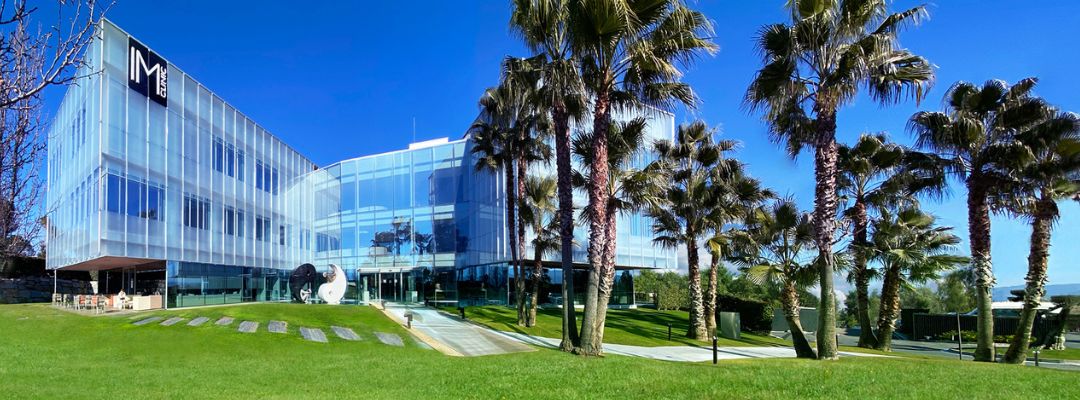Gender affirmation surgery has advanced significantly in recent years, not only in surgical techniques but also in healthcare models and the emotional support offered to trans individuals. In this context, one of the most relevant changes is the incorporation of Advanced Nurse Practitioners (ANPs) into surgical teams.
At the 6th EPATH Conference (Hamburg, September 2025), the IM GENDER nursing team presented its proposal in this field, showing how this pioneering model can enhance safety, optimize outcomes, and improve patient satisfaction in gender affirmation surgeries.
What is an Advanced Nurse Practitioner (ANP)?
ANPs are highly trained nursing professionals with advanced education who assume extended responsibilities within the medical team. Their role goes beyond traditional nursing, providing added value to patient care. They stand out for the following reasons:
- Performing complex clinical assessments.
- Preventing and detecting complications early.
- Providing personalized health education to each patient.
- Supporting pain management and postoperative care.
In many healthcare systems, ANPs play a key role in reducing waiting lists, improving continuity of care, and ensuring more accessible, patient-centered support.
The role of ANPs in modern healthcare
In high-complexity hospitals and clinics, ANPs have become a strategic figure. They help ease surgeons’ workload, ensure smoother communication with patients, and strengthen overall quality of care. This approach also has a positive impact on both the medical and emotional follow-up of patients.
In the field of gender affirmation surgery (GAS), this role is even more important. Why? Because the processes are long, involve intense physical and emotional preparation, and require strict follow-up to prevent complications.
IM GENDER’s experience in gender affirmation surgery
IM GENDER continues to be a pioneer in advancing trans healthcare. With over 25 years of experience, it has developed a specific program led by ANPs within its gender affirmation surgeries. But what exactly do ANPs do in these surgeries? According to this program, their role covers the preoperative phase, the surgical intervention itself, and postoperative care.
Preoperative phase: comprehensive preparation
After the first medical consultation, ANPs provide personalized follow-up, including:
- Risk factor detection: weight management, smoking, cardiovascular health, among others.
- Pre-surgical education: hygiene, hair removal, bowel preparation in specific techniques.
- Emotional support and answering questions: what to expect from surgery, how to organize the hospital stay, practical admission advice.
Thanks to this guidance, patients arrive on surgery day better prepared and with reduced uncertainty.
Surgery day: coordination and safety
Whether genital surgeries such as vaginoplasty or phalloplasty, or facial and body feminization procedures, ANPs play essential roles in the operating room:
- Patient safety checklists and flow coordination.
- Instrument control and management.
- Correct patient positioning on the operating table.
- Preparing the surgical area and immediate dressings (compression in vaginoplasty, specific bandages in phalloplasty).
This role helps shorten surgical times, optimize resources, and ensure smoother transitions between surgical stages.
Immediate postoperative care: monitoring and support
During hospitalization, ANPs follow a daily monitoring protocol that includes:
- Hemodynamic and pain control.
- Administration of medication (antibiotics, analgesics, anticoagulants).
- Gradual mobilization depending on the surgical technique.
- Early patient education on self-care.
For example, after vaginoplasty, the third day marks the beginning of sitting and supervised vaginal dilation with the ANP – a key moment for long-term outcomes.
Advanced follow-up: continuous support
According to this new protocol, after hospital discharge, patients join an advanced follow-up program coordinated by ANPs, which includes:
- Wound review and pain management.
- Monitoring for possible complications (bleeding, infections, healing issues).
- Guidance on hygiene, medication, and lifestyle.
- Coordination with surgeons, psychologists, and social workers.
- In-person or telemedicine follow-ups.
- Emotional support throughout recovery.
This continuous care builds trust, improves treatment adherence, and strengthens the bond between patients and the medical team.
Results and benefits of the ANP model at IM GENDER
The program data is clear. Between January 2024 and January 2025, part of this protocol was applied to 217 gender affirmation surgeries at IM GENDER:
- 73 penile inversion vaginoplasties
- 110 colovaginoplasties
- 14 peritoneal vaginoplasties
- 20 phalloplasties
In these cases, ANP integration resulted in:
- Reduced postoperative complications thanks to early detection.
- Better pre-surgical risk factor optimization.
- Higher patient satisfaction, highlighting ANPs’ accessibility and approachability.
- Reduced workload for surgical teams, allowing surgeons to focus on strictly medical tasks.
- More efficient workflows, with improved organization in the OR and during hospitalization.
Better care, better outcomes
The integration of Advanced Nurse Practitioners (ANPs) in gender affirmation surgery can be transformative. IM GENDER’s pioneering project, presented at the 6th EPATH Conference (Hamburg, 2025), demonstrates that this approach enhances safety, surgical results, and the overall patient experience.
In a constantly evolving field, investing in multidisciplinary teams with ANPs is a step forward towards comprehensive, human-centered, and excellent healthcare.
Would you like to know more about the work of IM GENDER’s ANP team? Request a first consultation and we’ll explain what your experience will be like.




